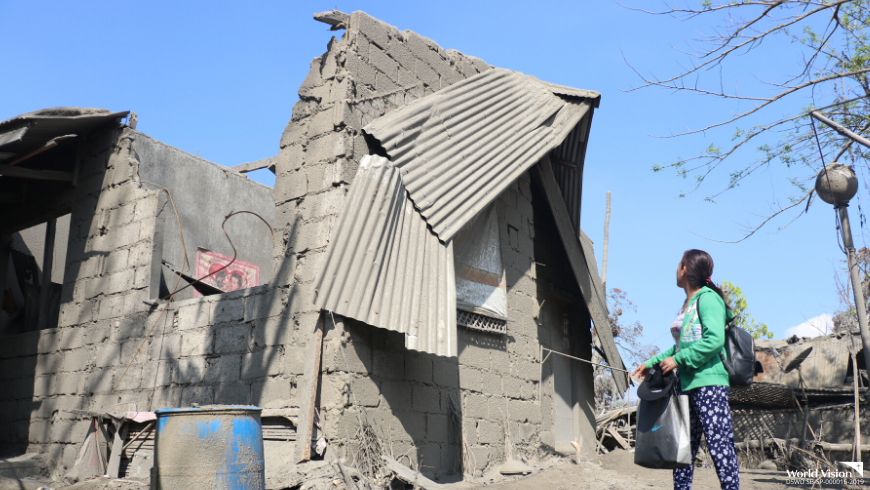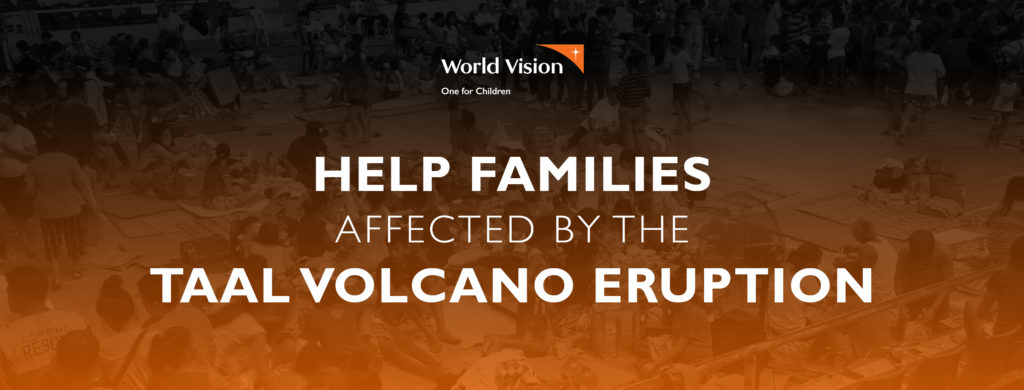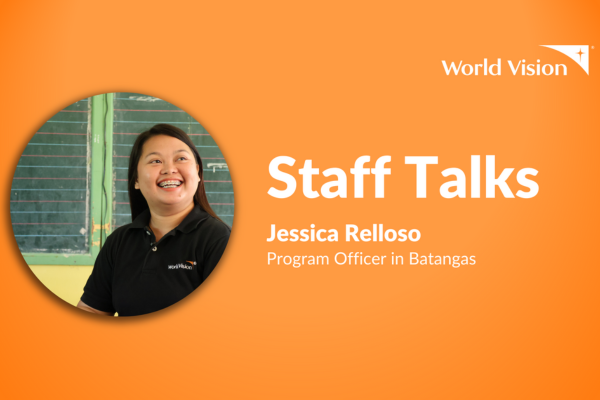Families face uncertainties amid Taal Volcano eruption
When Phivolcs lowered Taal Volcano’s alert level from 4 to 3 last January 26, some families were allowed to go back to their homes. But not Fe’s.

“Even if we are allowed to go back, we do not have a house to go home to anymore,” she laments. The thick ashes that engulfed their house’s roof eventually caused the ceiling and other parts of their dwelling to collapse.
“We couldn’t come up with any plan yet. Before coming here, I told my husband that I probably couldn’t stand seeing the house that we worked hard for. We both cried when we saw it but what can we do? We are just trying to salvage whatever we can now, including our children’s school uniforms,” she shares.
She worries about her two kids the most. Her youngest, Kenneth, has had a fever in the past days. They have to be healthy, she said. Also recognizing her children’s eagerness to study, she temporarily enrolled them in a school in their host community.
Disrupted livelihoods
Prior to the eruption, her husband works as a fish vendor. Although he was not earning a lot, he was saving enough. With Taal Volcano’s continuous unrest, however, they do not know what the future holds for them. Phivolcs warned communities that while the alert level has been downgraded, people still need to be on guard for possible sudden explosion and earthquakes.
“We do not yet know how to start. We need help,” Fe said.
World Vision has already started distributing emergency relief items to more than 1400 families in evacuation centers, including Fe’s. World Vision now looks into the implementation of cash-for-work, focusing on community clean-ups, to support families with their need for income while helping restore community assets like schools, community centers.
“We also continue to provide psychosocial support to children who are at risk of further distress because of the changes in their normal routines brought by the volcano’s unrest. We want to help ensure that their experiences are processed, otherwise, the crisis could have a long-term effect on their development,” said Ajab-Aram Macapagat, WV’s humanitarian and emergency affairs director.
World Vision is also coordination with government agencies to ensure that children’s needs like learners’ kits are met, as they prepare to go back to school.









